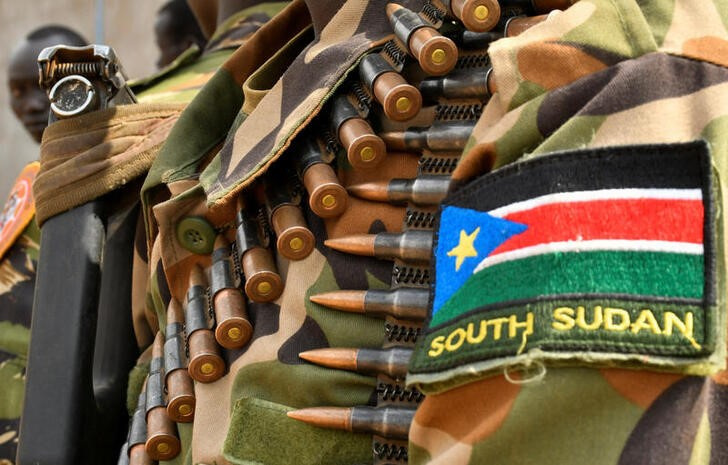|Deng Mabil-Guest Writer | Edited by Jarvis Otieno| Photo-Joke Solomon|
The German government announced the closure of its embassy in South Sudan amid safety concerns over a deteriorating security situation in the capital, Juba.
The fragile revitalized peace agreement signed between the warring parties has suffered setbacks over the recent weeks as the government and opposition groups clash on multiple fronts in Western Equatoria, Western Bahr El-Ghazal, and Upper Nile states.
German Foreign Minister Annalena Baerbock said on the social media platform Bluesky that after years of fragile peace, South Sudan is once again on the brink of civil war.
The crisis team of the German Foreign Office “has therefore decided to close the embassy in the capital Juba for the time being. The safety of the employees has top priority,” she added.
Baerbock also wrote that South Sudan President Salva Kiir and his rival, Vice President Riek Machar, “are plunging the country into a spiral of violence. They have a responsibility to stop the senseless violence and finally implement the peace agreement.”
Following a defeat of the SSPDF (South Sudan People’s Defence Forces) in Nasir County, security agencies in Juba have intensified efforts to arrest members of the SPLA/M-IO, including Minister of Petroleum Puot Kang Chuol.
It is reported that over 20 senior members of the SPLA/M-IO are being detained, while others have fled the country.
In response to these risks, the United States government ordered the departure of non-emergency employees from South Sudan.
President Yoweri Museveni Kaguta, in his capacity as commander-in-chief of the UPDF, has deployed special forces, warplanes, and ground troops to South Sudan. This deployment is intended to support the SSPDF in their efforts to regain control of the garrison in Nasir County, which is currently held by White Army forces.
There are reports that the deployed warplanes have been conducting bombing operations in Nasir, Ulang, and parts of Akobo counties. Additionally, footage circulating on social media suggests the potential use of chemical weapons in Nasir and Ulang counties.




